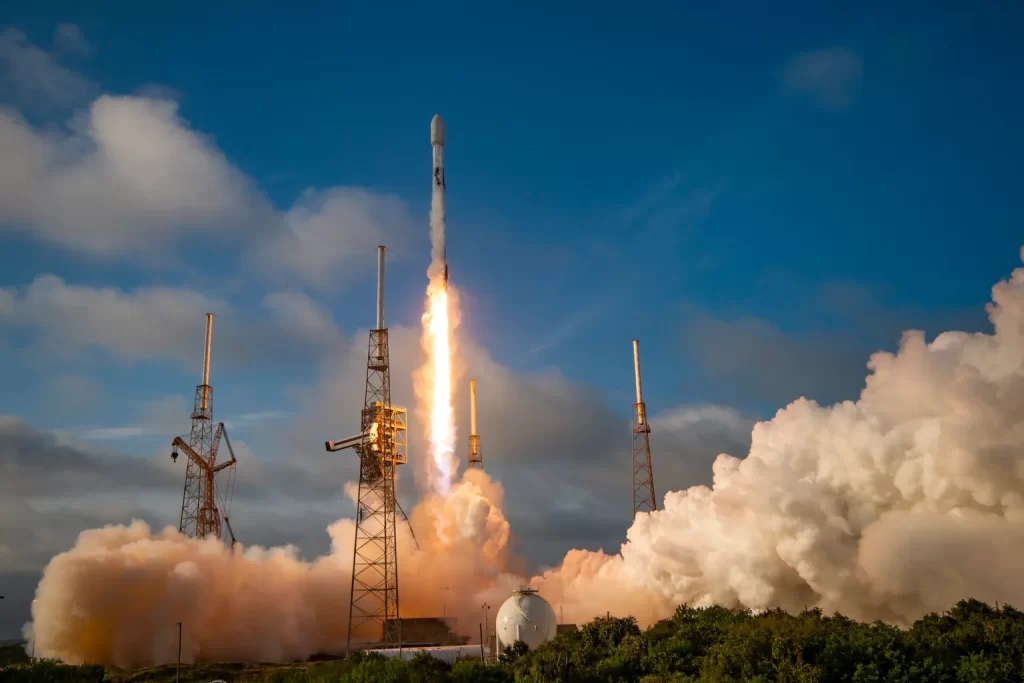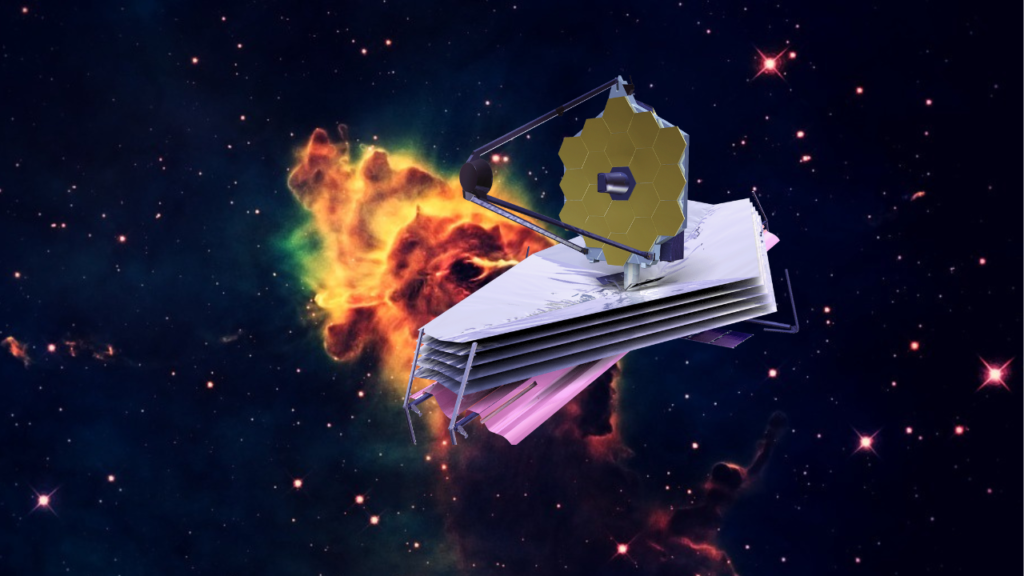WASHINGTON — The commercial arm of India’s space agency ISRO announced Jan. 2 it will launch a large communications satellite later this year on a SpaceX Falcon 9, further underscoring SpaceX’s dominance in the global launch market.
New Space India Ltd. (NSIL), the arm of ISRO responsible for commercial launch and satellite services, said it signed a contract with SpaceX for the Falcon 9 launch of the GSAT-20 communications satellite in the second quarter of 2024. NSIL did not disclose terms of the deal.
GSAT-20, also known as GSAT-N2, is the second “demand-driven” communications satellite funded and operated exclusively by NSIL. GSAT-24, launched in mid-2022 on an Ariane 5, was the first. GSAT-20 will provide high-throughput connectivity across India using a Ka-band payload with 48 gigabits per second of capacity.
GSAT-20 has been in development for several years, and was originally expected to launch on the Geosynchrous Satellite Launch Vehicle Mark 3, or LVM3. NSIL did not disclose the reason for launching the satellite instead with SpaceX, but the release noted the spacecraft has a mass of 4,700 kilograms. The LVM3 has a capacity to geostationary transfer orbit of 4,000 kilograms.
India has regularly launched its largest satellites on foreign rockets, as the increasing mass of the spacecraft outpaced the growth in its launch vehicles. For many years that involved contracts with Arianespace for launches on Ariane rockets. However, the Ariane 5 performed its final flight in July 2022 and its successor, the Ariane 6, will not flying until at least the middle of this year.
There were few alternatives for NSIL if it wanted to launch GSAT-20 on its current schedule. United Launch Alliance’s remaining Atlas 5 rockets are all assigned to other customers and its new Vulcan Centaur rocket has yet to make its first launch. It is uncertain if there are any remaining Japanese H-2A rockets available for commercial uses, and the new H3 rocket failed in its inaugural launch last March. Blue Origin’s New Glenn also has yet to launch.
NSIL is the latest customer to turn to SpaceX because of a lack of available near-term launch options. Companies developing broadband constellations that will compete with SpaceX’s Starlink, like Amazon and Telesat, have signed Falcon 9 launch contracts. The European Space Agency has launched one science mission on Falcon 9 in 2023 with more to come this year. The European Commission announced in November it will launch two pairs of Galileo navigation satellites on Falcon 9 rockets in 2024.
GSAT-20 will be the first Indian communications satellite in more than three decades to launch on an American rocket. Three of the first four INSAT communications satellites launched on Delta rockets and the Space Shuttle between 1982 and 1992. Since then, India had relied exclusively on its own vehicles and the Ariane family of rockets for INSAT and GSAT communications satellites.
Credit: Spacenews.com



